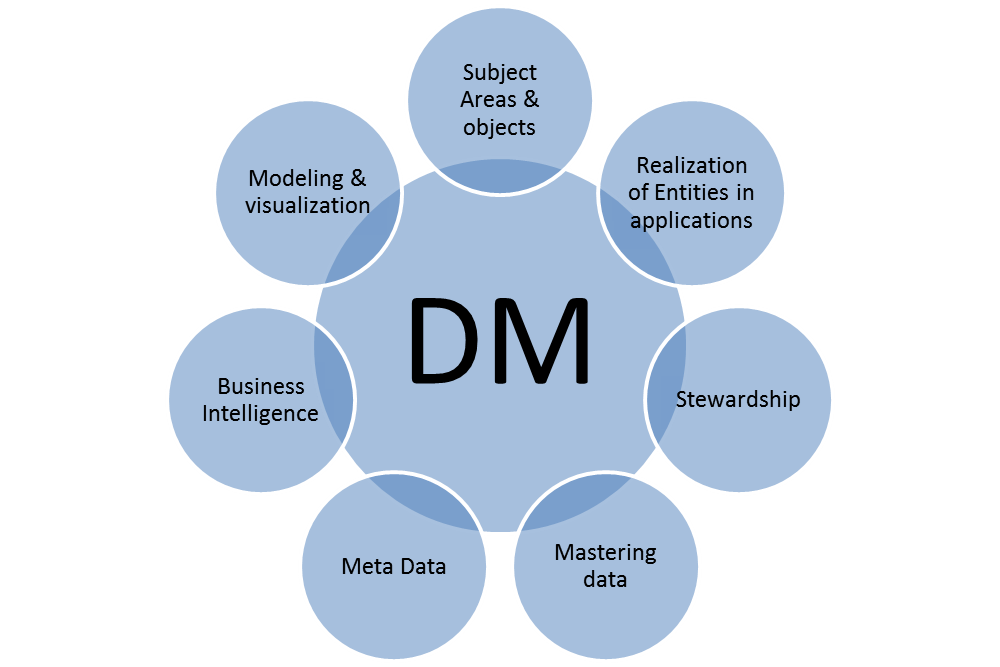
Business Intelligence Software for Smarter Data Management
In today’s fast-paced and data-driven business world, organizations are faced with the daunting task of managing and analyzing vast amounts of data to make informed decisions. The sheer volume, variety, and velocity of data can be overwhelming, making it challenging for businesses to extract valuable insights and gain a competitive edge. This is where Business Intelligence (BI) software comes into play, providing a comprehensive solution for smarter data management.
What is Business Intelligence Software?
Business Intelligence software is a set of tools and technologies that help organizations to collect, analyze, and interpret complex data from various sources. It enables businesses to transform raw data into actionable insights, facilitating better decision-making and strategy development. BI software encompasses a range of functionalities, including data mining, reporting, analytics, and visualization, to provide a unified view of an organization’s performance.
Key Features of Business Intelligence Software
Effective Business Intelligence software typically comprises the following key features:
- Data Integration: The ability to connect to various data sources, such as databases, spreadsheets, and cloud storage, to collect and consolidate data.
- Data Analysis: Advanced analytics capabilities, including statistical modeling, predictive analytics, and machine learning, to uncover hidden patterns and relationships.
- Data Visualization: Interactive and intuitive visualization tools, such as dashboards, reports, and charts, to present complex data in a clear and concise manner.
- Reporting and Dashboarding: The ability to create customized reports and dashboards that provide real-time insights into business performance.
- Collaboration and Sharing: Features that enable users to share insights, collaborate on decision-making, and integrate with other business applications.
Benefits of Business Intelligence Software
The implementation of Business Intelligence software can have a profound impact on an organization’s operations and decision-making processes. Some of the key benefits include:
- Improved Decision-Making: BI software provides access to accurate and timely data, enabling informed decisions that drive business growth and profitability.
- Enhanced Data Management: Automated data collection, processing, and analysis streamline data management, reducing manual errors and increasing productivity.
- Increased Efficiency: BI software automates many tasks, such as reporting and data analysis, freeing up staff to focus on strategic initiatives.
- Better Customer Insights: Advanced analytics and data visualization capabilities help organizations to gain a deeper understanding of customer behavior, preferences, and needs.
- Competitive Advantage: Businesses that leverage BI software can respond more quickly to market changes, identify new opportunities, and stay ahead of the competition.
Types of Business Intelligence Software
There are several types of Business Intelligence software available, catering to different organizational needs and requirements. Some of the most common types include:
- Self-Service BI: Designed for non-technical users, self-service BI software provides an intuitive interface for data analysis and visualization.
- Enterprise BI: Scalable and robust, enterprise BI software supports large-scale data management and analysis, often featuring advanced security and governance.
- Cloud-Based BI: Cloud-based BI software offers flexibility, scalability, and cost-effectiveness, with many solutions providing real-time data access and collaboration.
- Open-Source BI: Open-source BI software provides a cost-effective and customizable solution, often with a community-driven development approach.
Implementing Business Intelligence Software
To successfully implement Business Intelligence software, organizations should follow a structured approach:
- Define Business Objectives: Identify key business goals and objectives that BI software can support.
- Assess Data Quality: Evaluate the accuracy, completeness, and consistency of existing data.
- Select the Right Tool: Choose a BI software that aligns with business needs, data complexity, and user requirements.
- Develop a Implementation Plan: Create a phased implementation plan, including data integration, testing, and training.
- Provide Ongoing Support: Ensure ongoing support and maintenance to maximize the value of BI software.
Challenges and Opportunities
While Business Intelligence software offers numerous benefits, there are also challenges and opportunities to consider:
- Data Quality Issues: Poor data quality can hinder the effectiveness of BI software, emphasizing the need for data governance and quality control.
- User Adoption: Encouraging user adoption and providing training can be essential to maximizing the value of BI software.
- Security and Governance: Ensuring the security and integrity of sensitive data is critical, particularly in regulated industries.
- Big Data and Analytics: The increasing volume and complexity of data create opportunities for advanced analytics and machine learning applications.
Conclusion
Business Intelligence software is a powerful tool for smarter data management, providing organizations with the insights and capabilities to drive growth, improve decision-making, and stay competitive. By understanding the key features, benefits, and types of BI software, businesses can make informed decisions about implementing a solution that meets their unique needs. As data continues to play an increasingly important role in business operations, the effective use of Business Intelligence software will become essential for organizations seeking to thrive in a data-driven world.
Future of Business Intelligence Software
The future of Business Intelligence software is exciting and rapidly evolving. Emerging trends and technologies, such as artificial intelligence, machine learning, and the Internet of Things (IoT), will continue to shape the BI landscape. Some potential developments include:
- Increased Use of AI and Machine Learning: BI software will incorporate more advanced AI and machine learning capabilities to automate data analysis and provide predictive insights.
- Greater Emphasis on Cloud and Mobile: Cloud-based and mobile BI solutions will become more prevalent, enabling greater flexibility and accessibility.
- More Focus on Data Governance and Security: As data becomes increasingly critical, BI software will prioritize data governance and security to protect sensitive information.
- Growing Demand for Self-Service Analytics: Self-service BI software will continue to gain popularity, empowering non-technical users to analyze and visualize data.
As the business landscape continues to evolve, the importance of Business Intelligence software will only continue to grow. By embracing the power of data and analytics, organizations can unlock new opportunities, drive innovation, and achieve long-term success.
Closure
Thus, we hope this article has provided valuable insights into Business Intelligence Software for Smarter Data Management. We appreciate your attention to our article. See you in our next article!


